Pope Francis died on Monday.
The Pope, formerly Jorge Mario Bergoglio, was the first Latin-American pontiff in the history of the Church.
He passed away at age 88 after a long struggle with his health.
Pope Francis was known for his compassion and his humility.
He has been widely considered a trailblazer in the Church.
But why is this? Let’s take a closer look:
A man of humility and humour
Francis became Pope after the resignation of Benedict – the first Pontiff to resign in over 600 years.
As per The New Yorker, Francis was a man of many firsts.
Not only was he the first Jesuit Pope and the first Pope from the Americas, he was also the first Pope to be called Francis.
He did so in tribute to Saint Francis of Assisi – the patron saint of animals and the poor.
The most popular names among popes are John, Benedict and Gregory.
Francis, who had been a long shot candidate, set the tone for the type of Pope he wanted to be from the outset.
According to The New York Post, when aides presented a throne-like chair on a platform for Francis to sit on and accept the allegiances from the cardinals, he instead chose to stand at their level and receive them.
When the papal sedan arrived to take him to dinner at a Vatican residence, Francis instead to travel in a mini-bus with the cardinals.
Francis also flashed what would become known as his trademark sense of humour, telling the Cardinals who elected him in 2013, “May God forgive you for what you’ve done.”
As Pope, Francis would display this time and time again – once joking to some Mexican priests that all he needed to sort out his knee trouble was “some tequila.”
According to France24, Francis gave his first address as Pope in white robes and wearing a metal pectoral cross.
Gone were the traditional papal ornaments of a tiara, gold cross and a sceptre.
Rather than blessing the crowd as is tradition, Francis instead asked for their blessings.
“Brothers and sister, I am leaving you, Thank you so much for your welcome. Pray for me, and see you soon,” Francis said.
As per The New Yorker, Francis chose not take up residence in the Papal Palace – the official residence of the Pope in Vatican City.
Instead, he moved into the Vatican guesthouse.
He also often went to papal events in a simple Fiat instead of a Mercedes-Benz.
As per RTE, it is said that Francis began turning lights off in the Vatican as he walked the corridors after being elected Pope.
He said that the electricity being used was enough to power a small village back home in Argentina.
This came as little surprise to those who had followed his tenure as the Archbishop of Buenos Aires.
Francis forsook the Archbishop’s palace for a simple apartment downtown.
He also travelled around the city by bus rather use the private limousine set aside for his use.
Advocate for the poor, compassionate reformer
As per France24, Francis was also a fierce critic of the unrestrained free markets and globalisation.
“Many of you have been stripped by this savage world,” Francis in 2013 told a crowd during a lunch for the poor.
The world “does not give employment” and “does not care if there are children dying of hunger,” Francis added.
“My people are poor and I am one of them,” the man known as the ‘People’s Pope’ would frequently remark.
In his first major teaching document, “The Joy of the Gospel,” Francis denounced trickle-down economic theories as unproven and naive, based on a mentality “where the powerful feed upon the powerless” with no regard for ethics, the environment or even God.
“Money must serve, not rule!” he said in urging political reforms.
“We have created new idols,” Francis wrote in a proclamation. “The worship of the ancient golden calf … has returned in a new and ruthless guise in the idolatry of money and the dictatorship of an impersonal economy lacking a truly human purpose.”
Francis begged the world to use COVID-19 as an opportunity to rethink the economic and political framework that he said had turned rich against poor.
“We have realised that we are on the same boat, all of us fragile and disoriented,” Francis told an empty St Peter’s Square in March 2020.
But he also stressed the pandemic showed the need for “all of us to row together, each of us in need of comforting the other.”
Francis also sought to highlight the issue of climate change.
As per RTE, Francis in 2015 published a landmark Laudato Si’ encyclical on climate change.
The 184-page document came six months ahead of the UN climate conference in Paris.
“We are faced not with two separate crises, one environmental and the other social, but rather one complex crisis which is both social and environmental,” Francis wrote.
Pope Francis attempted to reform the Catholic Church.
As per The New Yorker, Francis established a council of advisory cardinals, ordered a probe of the Vatican Bank, sought to reform the Curia and appointed Sister Nathalie Becquart of France, a woman, to one of its most influential posts.
“It was about shifting a pattern of domination — from human being to the creation, from men to women — to a pattern of cooperation,” said Becquart, the first woman to hold a voting position in a Vatican synod.
He also women to important decision-making roles and allowed them to serve as lectors and acolytes in parishes. He let women vote alongside bishops in periodic Vatican meetings, following long-standing complaints that women do much of the church’s work but are barred from power.
Francis set up the Council for the Economy and a Secretariat for the Economy – to oversee the Church’s vast and often murky finances.
Francis also cautioned the Curia – the most powerful body in the church – against 15 spiritual “diseases” including “rivalry, vainglory, gossiping, grumbling and back-biting.”
In 2014, Francis at St Peter’s Basilica, in a stunning departure from other recent popes, made confession.
Francis made it easier for married Catholics to get an annulment, allowed priests to absolve women who had had abortions and decreed that priests could bless same-sex couples.
He opened debate on issues like homosexuality and divorce, giving pastors wiggle room to discern how to accompany their flocks, rather than handing them strict rules to apply.
Outreach to LGBTQ, Muslims
Asked about the presence of a ‘gay lobby’ within the Vatican on his first papal flight Francis set tongues wagging with his response.
“If a person is gay and seeks God and has good will, who am I to judge?” Francis asked reporters.
The comment sent a message of welcome to the LGBTQ+ community and those who felt shunned by a church that had stressed sexual propriety over unconditional love.
“Being homosexual is not a crime,” Francis said in 2023, urging an end to civil laws that criminalise it.
Francis went to society’s fringes to minister with mercy: caressing the deformed head of a man in St. Peter’s Square, kissing the tattoo of a Holocaust survivor, or inviting Argentina’s garbage scavengers to join him onstage in Rio de Janeiro.
He formally apologised to Indigenous peoples for the crimes of the church from colonial times onward.
“We have always been marginalized, but Pope Francis always helped us,” said Coqui Vargas, a transgender woman whose Roman community forged a unique relationship with Francis during the pandemic.
Francis also sought to create harmony between faiths.
Francis during his papacy made landmark trips to the UAE and Iraq respectively.
During his 2019 trip to the UAE, he met Egypt’s Grand Imam of Al-Azhar Sheikh Ahmed el-Tayeb.
Both leaders signed the Document of Human Fraternity.
In March 2021, Francis made a historic trip to Iraq – becoming the first Pontiff to set foot in the country.
The trip, made in the backdrop of concerns about his safety and worries about ISIS, saw Francis meet Shiite leader Ayatollah Ali Al Sistani.
Francis, after meeting Christian victims of ISIS, urged Iraqis to forgive those who transgressed against them and called for peace in the region.
Francis wasn’t perfect by any means.
His response to a 2018 sexual abuse scandal in Chile – arguably the biggest crisis of his papacy upto that point – was bungled at best and horrific at the worst.
Francis accused survivors of slandering Reverend Fernando Karadima – Chile’s most notorious pedophile.
“The day they bring me proof against Bishop Barros, I’ll speak,” Francis said. “There is not one shred of proof against him. It’s all calumny. Is that clear?”
Francis’ remarks outraged survivors and gave fresh fodder to critics of the Catholic Church.
“The day they bring me proof against Bishop Barros, I’ll speak,” Francis said. “There is not one shred of proof against him. It’s all calumny. Is that clear?”
Realizing his error, Francis invited the victims to the Vatican for a personal mea culpa and summoned the leadership of the Chilean church to resign en masse.
As per France24, Francis in 2021, Francis faced a fresh challenge when an independent French commission into church sex abuse released its findings after an investigation that spanned over two years.
The commission determined that French clergy, since 1950, had abused 216,000 children.
“Until the early 2000s, the Catholic Church showed a profound and even cruel indifference towards the victims,” commission chief Jean-Marc Sauvé said was quoted as saying.
By then, Francis had learned his lesson.
“I wish to express to the victims my sadness and pain for the trauma they have suffered,” Francis was quoted as saying by France24. “And also my shame, our shame, my shame, for the inability of the Church, for too long, to put them at the centre of its concerns.”
With inputs from agencies


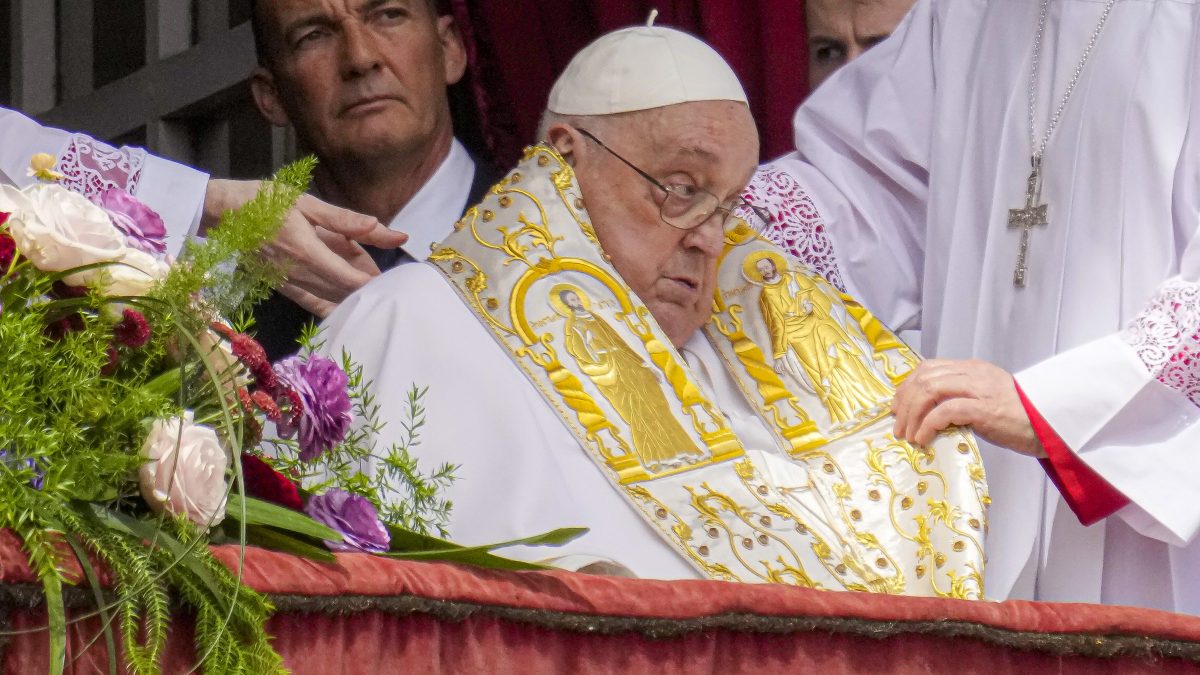)
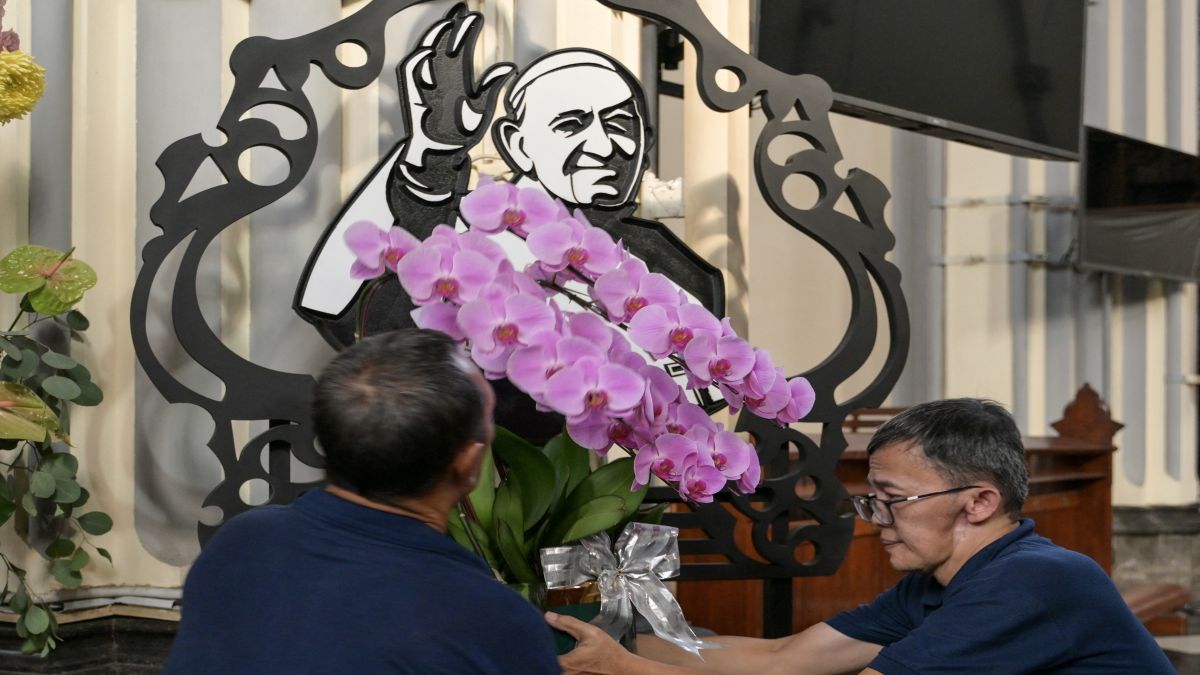)
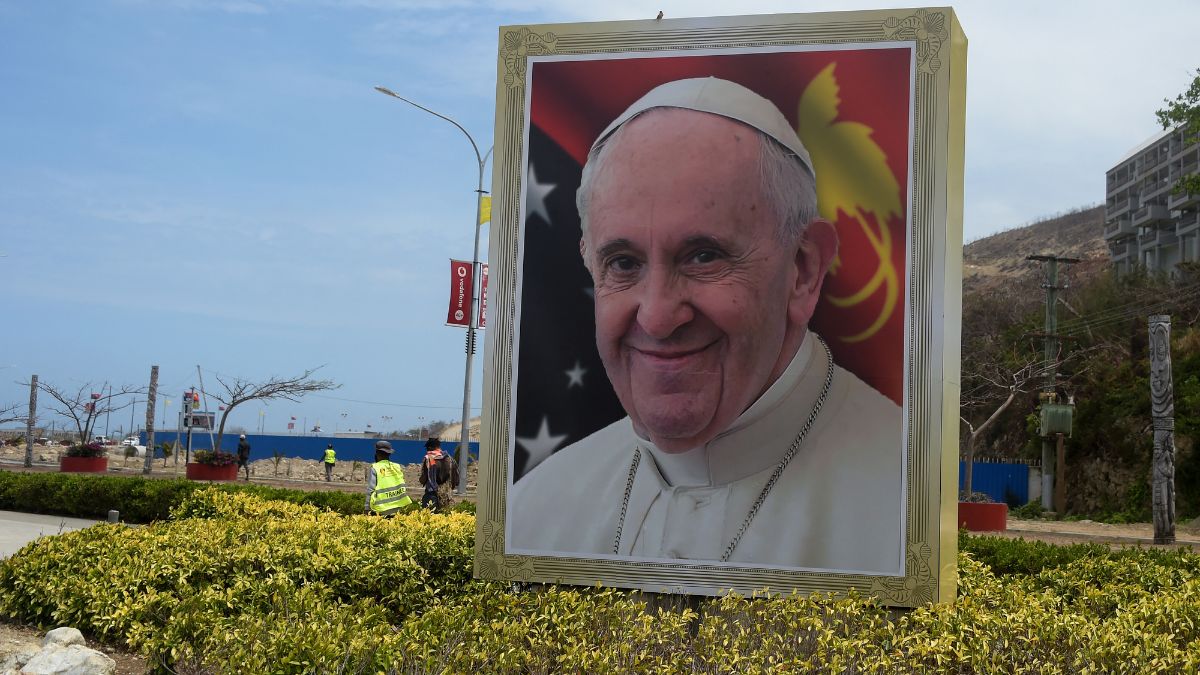)
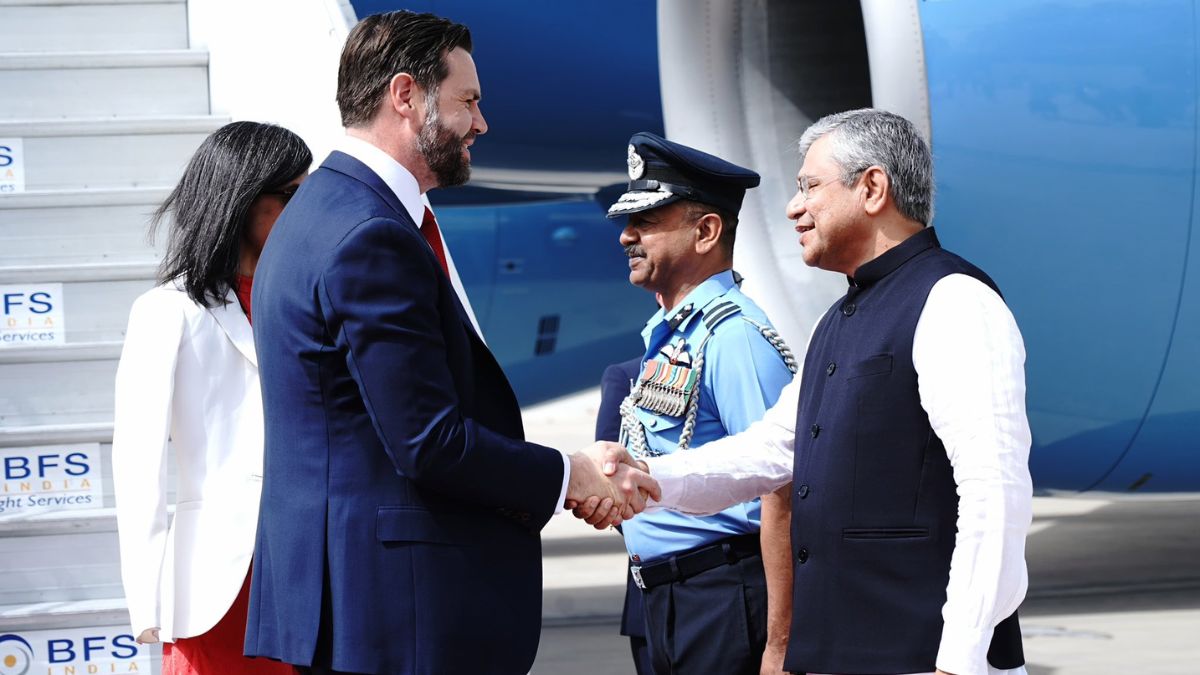)
)
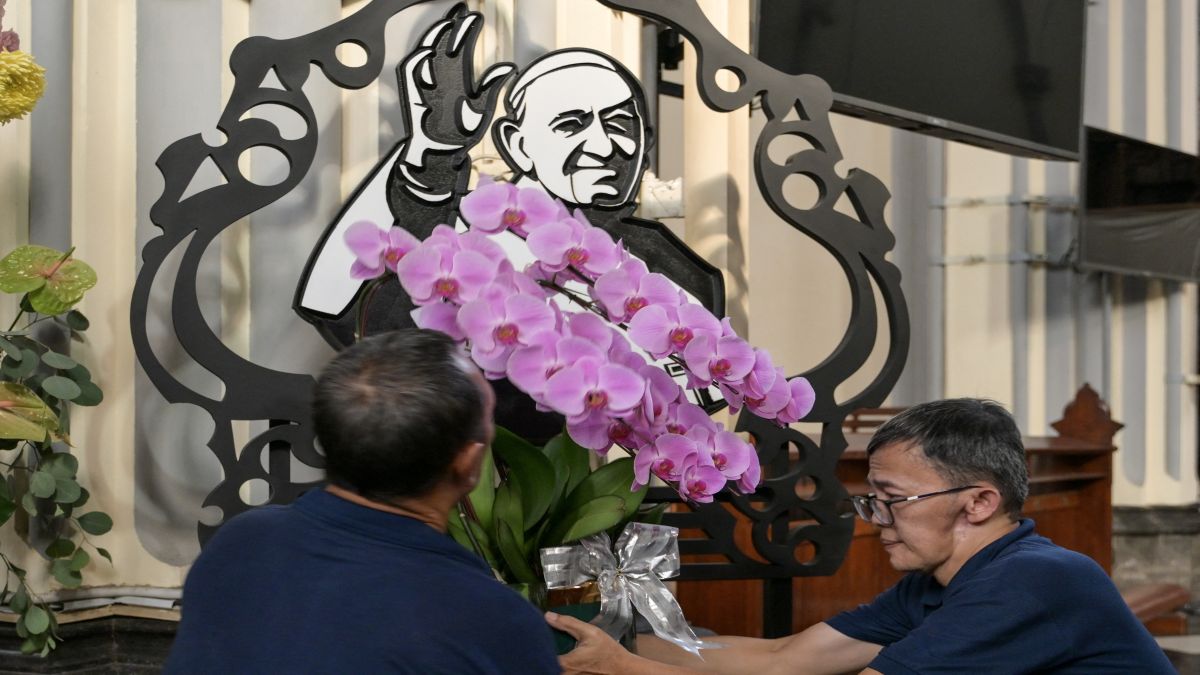)
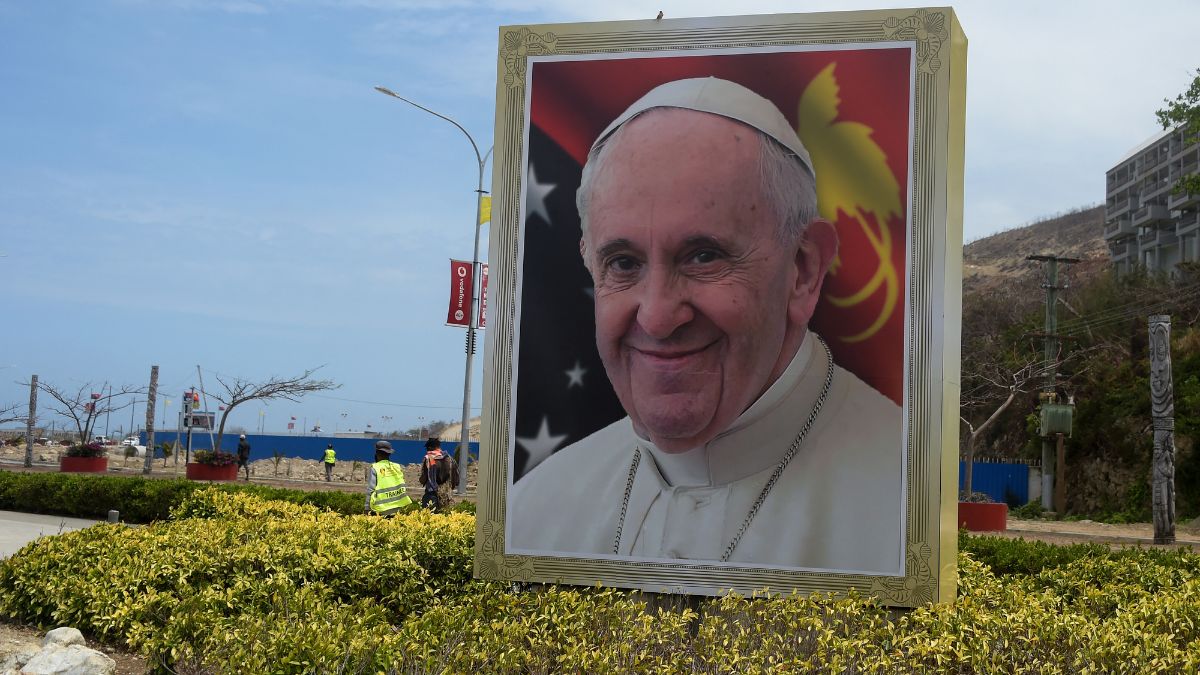)
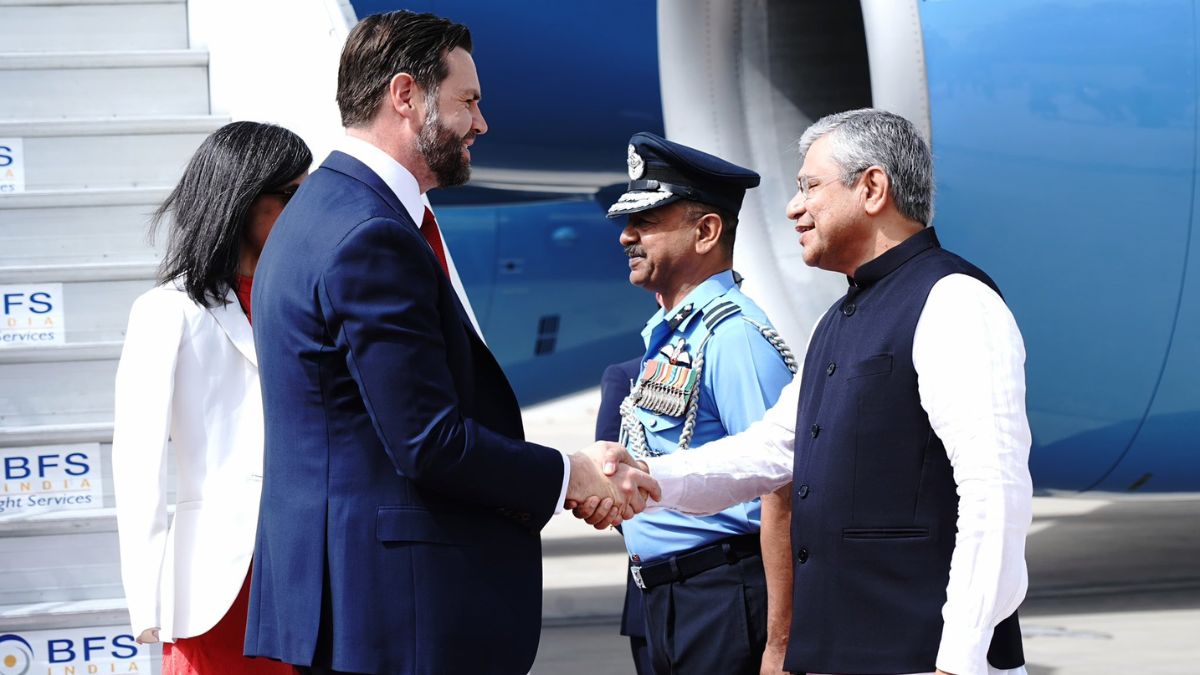)
)